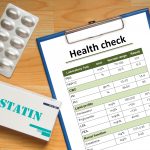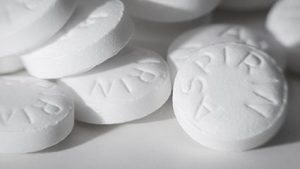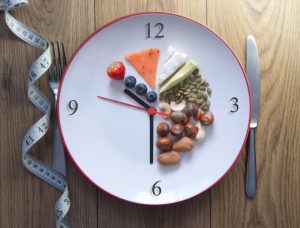
Winter months can be a challenge for those trying to keep their high blood pressure in check, new research suggests. In an analysis of more than 60,000 American adults being treated for high blood pressure at six health care centers in the Southeast and Midwest United States, scientists found that systolic blood pressure — the top number — rose slightly in winter months, by up to 1.7 mm Hg. Meanwhile, population blood pressure control rates decreased by 5% in the winter compared to control rates from the summer. These findings were presented Thursday at the American Heart Association’s Hypertension Scientific Sessions 2023. “Despite the smaller degree of systolic blood pressure variation in comparison to previous studies on seasonality in blood pressure, we were surprised to observe a large degree of change in blood pressure control between winter and summer months,” said study author Robert Barrett, a software engineer at the American Medical Association. “Individuals with hypertension or values near the range of hypertension may benefit from periodic blood pressure monitoring and improvements in physical activity and nutritional patterns during winter months, to offset adverse effects from seasonal blood pressure changes,” he said in a meeting news release. During the review, each of the participants remained on the blood pressure medication that had been prescribed for them. They were seen at centers ranging from small federally… read on > read on >






































